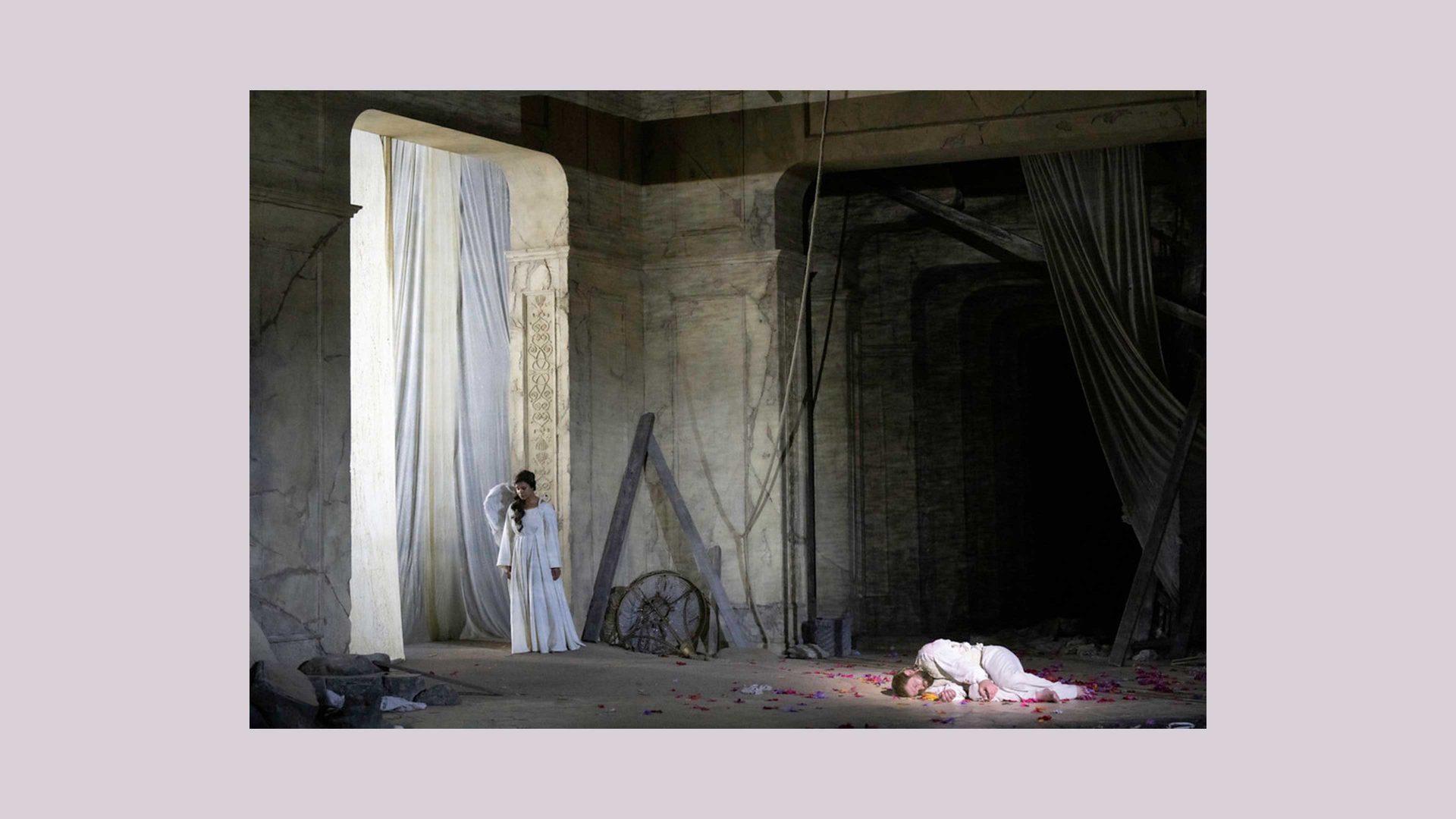An old friend of mine – a devout political internationalist – insists the world would benefit from adopting a universal language. No jingoist, she isn’t suggesting English. Spanish, Mandarin, Esperanto… anything would fit the bill so long as we all learned it from birth.
It would save time, effort and money. Artistic and scientific collaboration would be easier and, perhaps most importantly of all, fewer misunderstandings would lead to fewer conflicts (large or small). Our planet would be a better place. “Look at the EU,” she says, “Twenty-four official languages, with – depending on its importance and status – everything having to be translated into one or all of them. A ridiculous duplication of effort.”
And so I was thinking of her as I stood, perplexed, before a cash machine last summer. I’d put in my bank card and then been slightly distracted by my son. When I turned back to the screen it was asking me if I needed more time. I did, and moved my finger towards the buttons, at which point the screen changed and asked if I wanted assistance in a different language just as my finger pressed down. I’d selected Welsh.
Umm. I peered at it, thinking surely I can figure out how to request £50. It couldn’t be that difficult to work out which buttons did what, could it? Except it was. With due and fulsome apologies to Welsh-speaking readers of TNE, I couldn’t even get past the first screen.
No matter, I decided, just cancel the transaction (that button was in English) and re-insert the card. Nope. The system had learned I was a Welsh speaker and that’s what remained on-screen. So, still thinking I was clever enough to work this through, and despite the growing, increasingly tutting queue behind me, I put in another card I had, attempted to memorise the positions of the questions on the screen, and then reinserted the Welsh card.
Oh dear. I pressed something I shouldn’t. The card was swallowed by the machine. Ah well, I thought. Considering the stress, it’s for the best. I’ll order another and we’ll be back to English square one. Twice nope. The bank, noting my clearly expressed preferences, ensured that this time I wouldn’t have to select Welsh from the screen menu. They’d kindly done it for me. My card was eternally Cymraeg.
In desperation I contacted a Welsh friend. “Sorry,” she told me, “I can barely remember anything from school. But,” she added, “my mum knows some.” Unfortunately her mum was in Swansea (or Abertawe as my bank card would call it). I sent her a photo of the screen anyway. Disappointingly, her mum turned out not to be the linguist her daughter believed her to be. “I think you need the third button down,” she suggested. She was wrong. I lost a second card.
Had Welsh been adopted as Europe’s universal language, I guess all would have been well. But I’m still not convinced by her arguments. Communication between different cultures would be less fraught, she declares. Mutual understanding between nations would increase concurrently. Education, employment, trade, international healthcare and humanitarian efforts would be easier, allowing more people access to wealth and wellbeing. And – with wishful thinking on an impossibly utopian scale – she even argues that wars might become a thing of the past. The world would unite.
Well, maybe. But the losses, too, would be immense. The richness and diversity of languages are also strengths. An extinct language means an extinct culture. To learn a language is to be introduced to a new world of possibilities, expressions and behaviours and, often, a different perspective on our surroundings and our relationships.
One third of the world’s languages have fewer than 1,000 speakers. Almost 600 known languages have gone extinct. Surely this loss diminishes humanity? We should speak languages, not commit them to a moribund cultural archive. So, even though I have an English-speaking bank card again, I’m hoping our world preserves its numerous tongues. Language diversity has much going for it.
Mick O’Hare is a freelance journalist, author and editor




